Research Updates

Working Together to Find Biomarkers for Glaucoma Means Lower Risk of Vision Loss
With exciting new biomarkers on the horizon, this is a good time to learn more about what they are and how they’ll ultimately help find a cure for glaucoma.
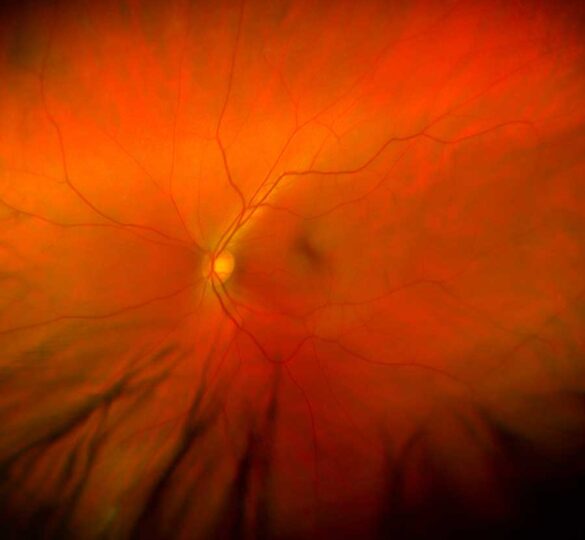
Promising New Procedure Targets Vascular Changes to Diagnose Glaucoma Early
While this is a major breakthrough, OCT angiography must be improved before it will be ready for use in your doctor’s office.
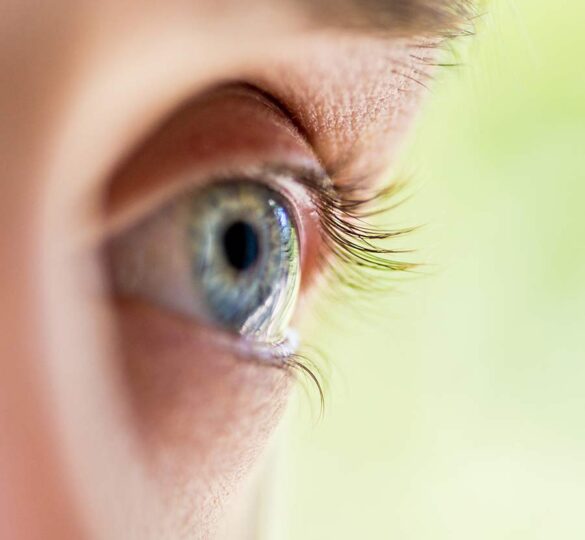
Could Cataract Surgery Be A New Treatment Option for Primary Closed-Angle Glaucoma?
Data published in October 2016 shows there is a successful, safe, routine surgical procedure that has been restoring eyesight for ages, and it may be the answer to treating primary closed-angle glaucoma (PCAG).
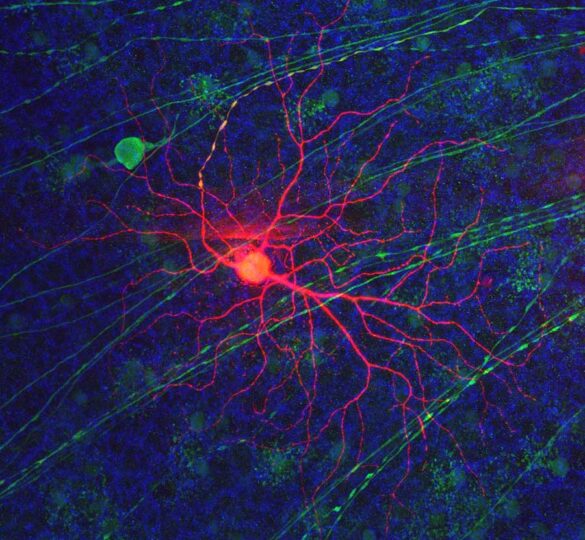
Glaucoma Biomarkers: from the Laboratory to the Clinic
Catalyst for a Cure researchers have been taking necessary steps to move their studies from the laboratory to the clinic.

New Nitric Oxide Medication to Reduce Intraocular Pressure Takes on Glaucoma from a New Angle
Nitric oxide has become a popular dietary supplement because it can help improve blood flow and lower blood pressure. As it turns out, nitric oxide also works as a glaucoma treatment.

Science Fiction May Hint at Vision-Restoring Prostheses for Glaucoma Patients
Researchers are developing and validating new technologies that could enable less invasive approaches for vision prosthetics.

Newly Funded Research Promoting Retinal Cell Axon Regeneration is Underway Thanks to NEI’s Audacious Goals Initiative
Optic nerve regeneration could be the answer to curing glaucoma, or at least substantially slowing the progression of the disease.

Why Induced Pluripotent Stem Cells Are Vital for Glaucoma Research and Treatments
Stem cells are poised to make an impact on glaucoma research and treatment, as adult stem cells can be taken from the eye or skin, and used to try to replace damaged cells in your eye.

Curing Glaucoma-related Vision Loss with High-contrast Visual Stimulation
A research study has found that high-contrast visual activity promotes optic nerve regrowth.

Research into Nerve Growth Factor for Glaucoma Offers New Hope for Treatment
Nerve regeneration focuses on ways to regrow nerves. Neuroprotection is preventing the death of nerve cells. Both goals must be developed before vision loss due to glaucoma can be stopped or reversed.
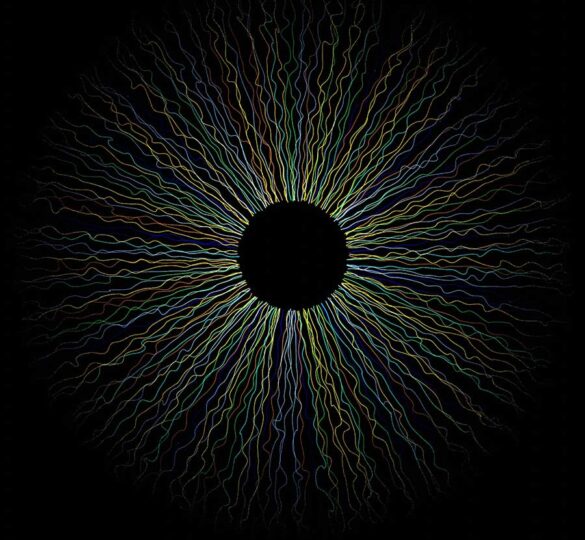
Saving Sight in Glaucoma: Why the Brain May Hold the Key
What causes vision loss in glaucoma? First is elevated ocular pressure, and second is damage to the optic nerve, which is the structure that sends visual information to the brain.

New Research Holds Promise For Restoring Lost Vision
Stanford researchers, funded in part by the National Eye Institute and the Glaucoma Research Foundation, make discovery that may help glaucoma patients who have lost vision.

GRF Scientific Advisors on Collaborative Research
Members of our Scientific Advisory Board talk about the success of the Catalyst for a Cure collaborative research model.

Future Focus: Stem Cell Treatment for Glaucoma
Stem cells are undifferentiated cells which have the potential to develop into many different types of specialized tissues.

Ocular Hypertension Treatment
There are millions of people in the United States who have increased pressure in their eyes (intraocular pressure) without glaucoma. Often this condition is referred to as ocular hypertension.
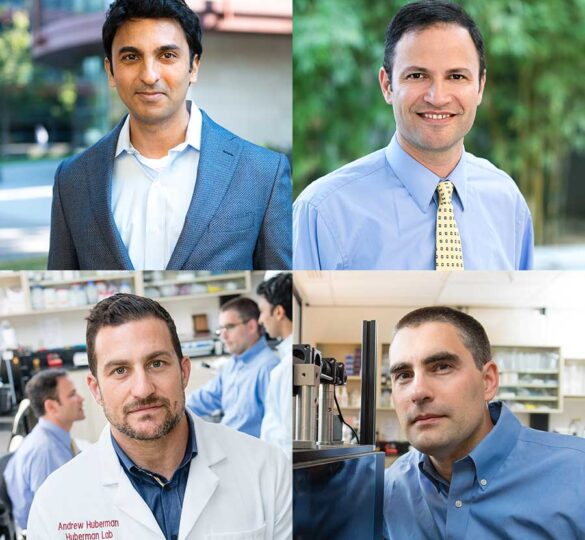
Catalyst for a Cure: Glaucoma Biomarker to Be Tested
The Catalyst for a Cure (CFC) Biomarker Initiative brings together four research laboratories to find new and sensitive measures for glaucoma.
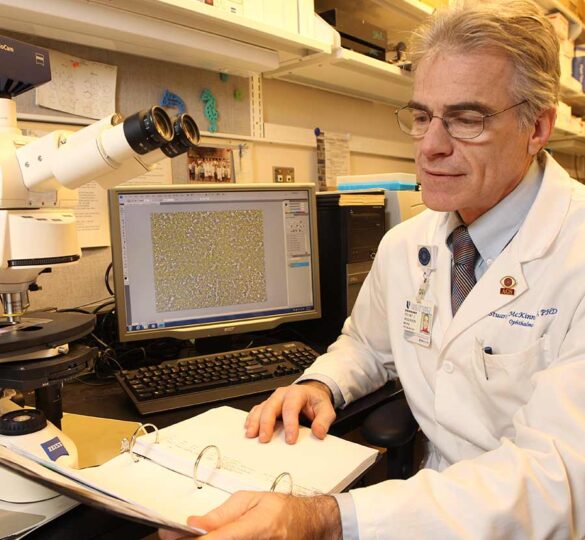
Restoring Vision: Retinal Nerve Cell Regeneration
Researchers have made great progress in understanding the process of optic nerve degeneration and regeneration in glaucoma.

Glaucoma and the Brain
Researchers now view glaucoma as a disease of the brain — a neurodegenerative disease — rather than simply an eye disease.
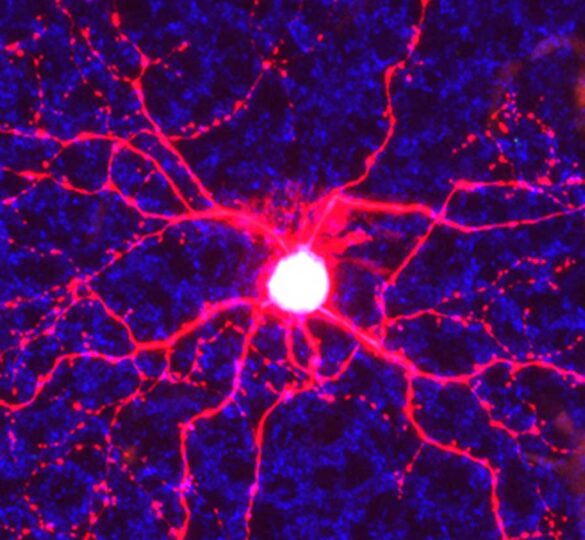
Early Retina Cell Changes in Glaucoma Identified
A study published by Andrew D. Huberman, PhD and Rana N. El-Danaf, PhD points to the specific structural features and cell types in the retina that may act as key factors in glaucoma progression.

Can Glaucoma Be Cured?
We hope to one day restore vision lost from glaucoma, but that can’t presently be done.

Dr. Derek S. Welsbie awarded the 2014 Shaffer Prize for Innovative Glaucoma Research
Derek Welsbie, MD, PhD was awarded the 2014 Shaffer Prize for Innovative Glaucoma Research for his study “Evaluating the Role of the c-Jun N-terminal Kinase Cascade in Retinal Ganglion Cell Death.”

Calkins Team Tracking New Options to Treat Glaucoma
“We believe this is an important step toward a new and powerful treatment option for glaucoma patients who are going blind despite efforts to lower or manage their eye pressure.” — David Calkins, PhD
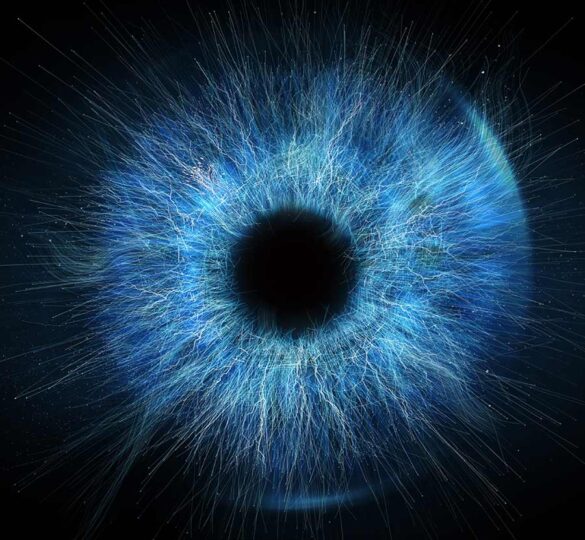
Regenerating Lost Vision in Glaucoma
What can we do when patients have lost functional vision in glaucoma?

Catalyst for a Cure Research Progress 2013
Catalyst for a Cure is a unique approach to research developed by Glaucoma Research Foundation to accelerate the pace of discovery toward a cure for glaucoma.

Interview with Glaucoma Researcher Tonia Rex, PhD
GRF awarded Dr. Tonia Rex the Shaffer Prize for Innovative Glaucoma Research in 2012 for her project investigating a neuroprotective therapy in a model of inherited glaucoma.